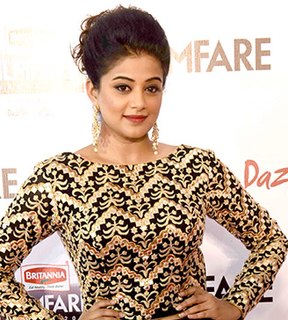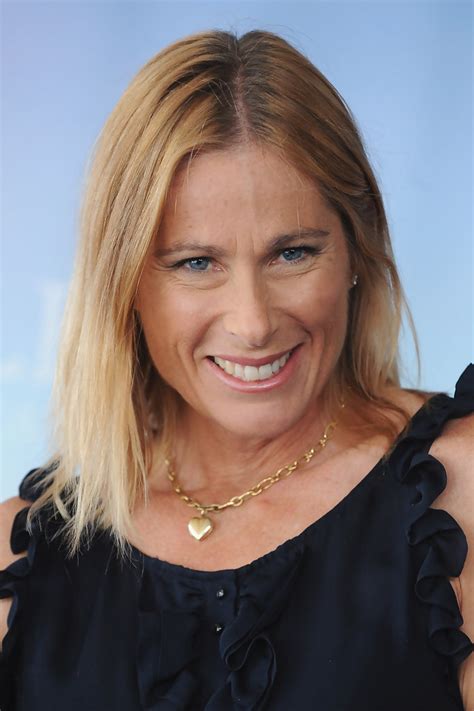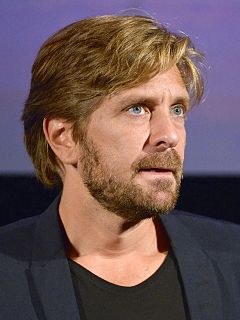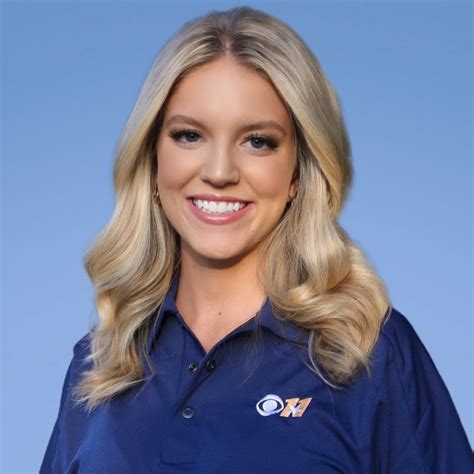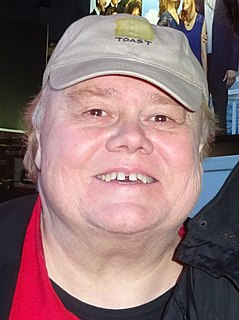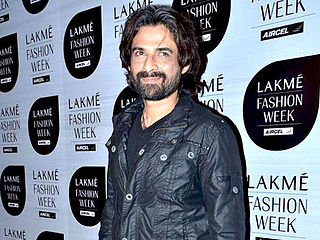A Quote by Lee Unkrich
My favorite film is 'The Shining,' mostly because it was the film that inspired me to become a filmmaker myself.
Related Quotes
"Fish Tank" [my favorite woman-directed film] by Andrea Arnold. The film is so beautifully shot, and I love the raw energy of Katie Jarvis, who plays the main character, Mia. She is not a professional actress and she provides the film with a sense of realism. To me, the film feels so complete and superior.
There is something that might be called cinematic beauty. It can only be expressed in a film, and it must be present for that film to be a moving work. When it is very well expressed, one experiences a particularly deep emotion while watching that film. I believe that it is this quality that draws people to come and see a film, and that it is the hope of attaining this quality that inspires the filmmaker to make his film in the first place.
Well, there's two things I have criteria for doing a film: The script, which is the story, and the filmmaker, and it's a filmmaker's medium. I like really strong directors, and so when I do a film, I'm out there to serve the director, really, which is in turn to serve the script, to serve the director cause he's the one making the film. I relied on Todd Haynes for that.
I applied [to film school] figuring, "I need to find some structure for myself. I need to find a way to figure out what kind of filmmaker I want to be." And that is what film school provides you with. It'll teach you the basics of how a production works and the technical side of how to put everything together, but you could also learn that by working on film sets.
I think Splash made people realize that I was still alive, and I think I inspired a lot of people. I have people coming up to me all the time in the airport saying, "Hey, you inspired me to learn how to swim!" "You inspired me to start moving around more." "You inspired me to start doing more for myself." So that was good. But mostly I took it because nobody had given me a job. And you know what really matters in life, right?




